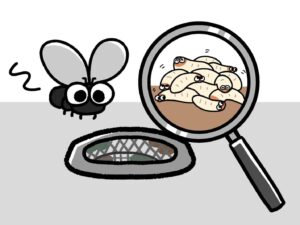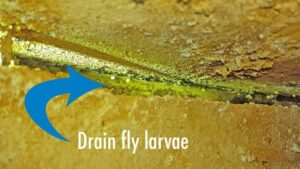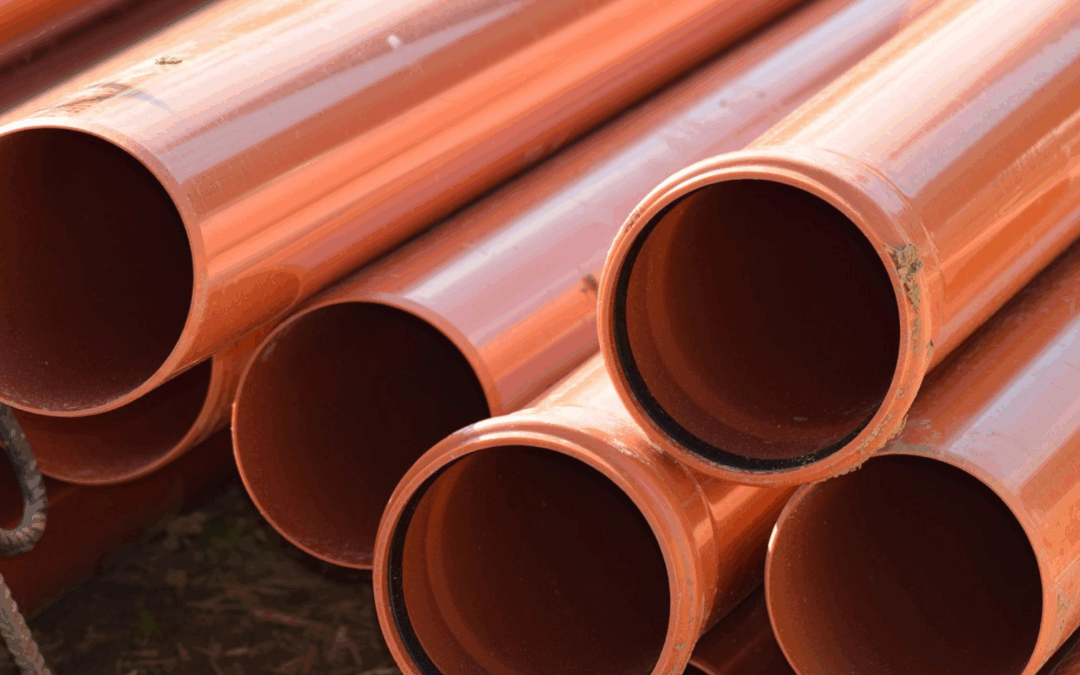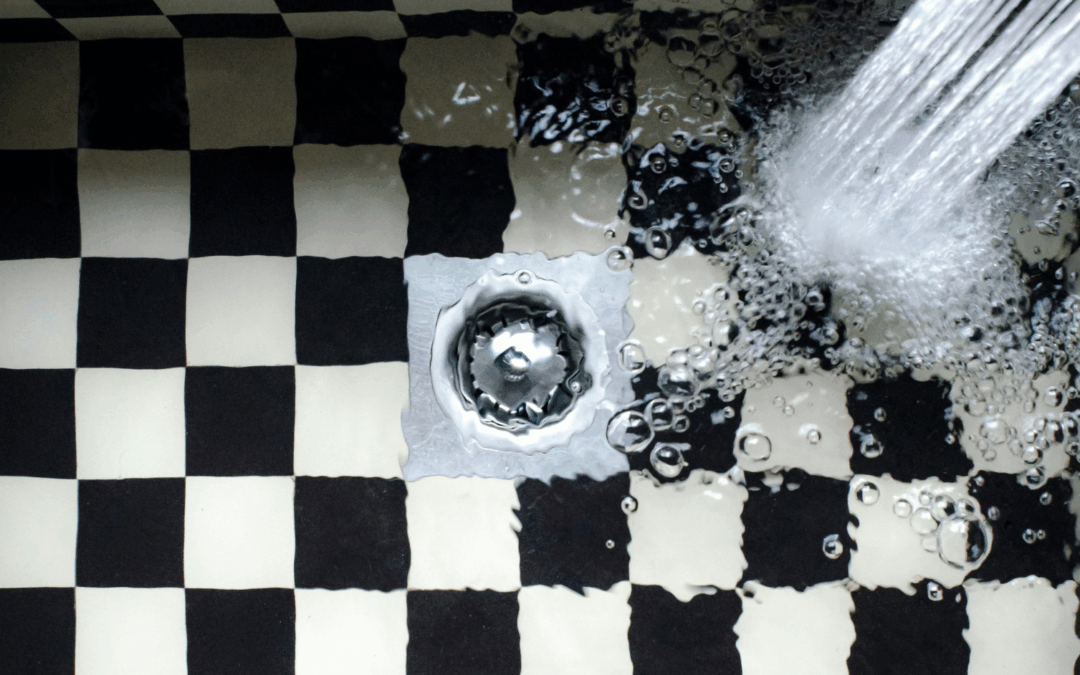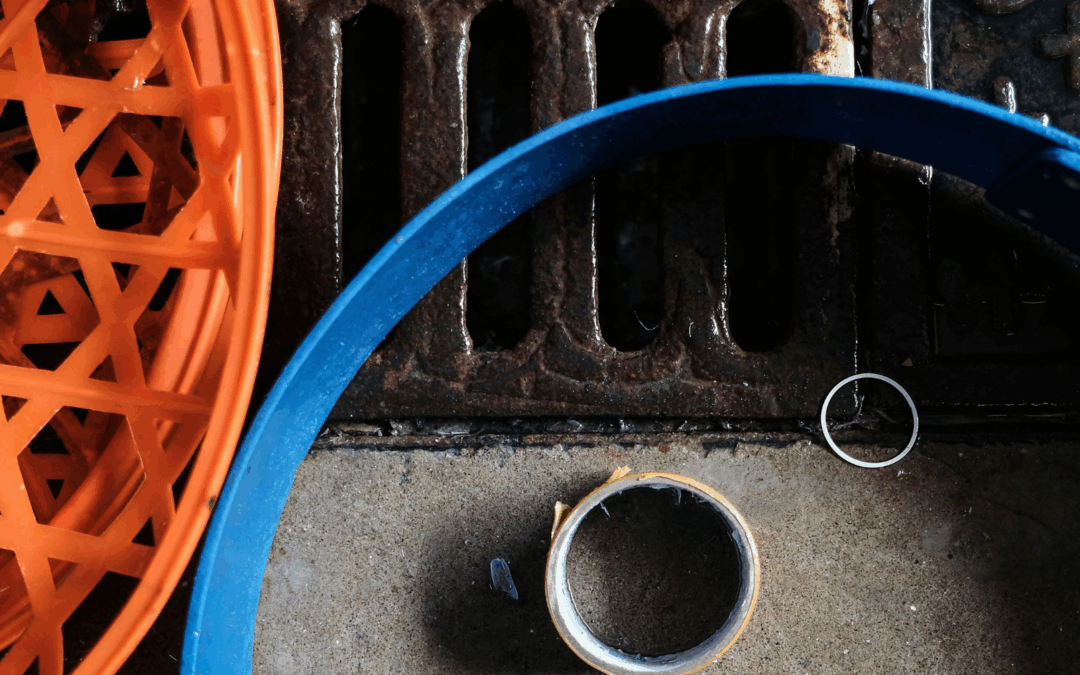If you’ve ever seen small flies buzzing around your drains or catch basin you have likely wondered, “are drain flies harmful”?, those are most likely drain flies, also known as moth flies, filter flies, sewer flies, and sink flies. These small insects are common pests in damp environments and often found in homes and businesses with plumbing issues.
While they may seem harmless at first, they can cause a range of problems for homeowners and their pets. In this post, we explore the dangers of drain flies, how to spot signs of infestation, and what you can do to prevent them from invading your home.
Schedule Service Online
Get a free estimate so you know what you're signing up for
"*" indicates required fields
For Emergency Services Call: 410-255-9300
What Are the Signs of a Drain Fly Infestation?
The easiest way to spot a drain fly infestation is to look for the adult flies buzzing around moist areas of your home, such as sinks, drains, and damp basements. Drain flies are small and black with fuzzy wings and can be tricky to catch.
Another tell-tale sign of infestation is finding tiny worms in your drains or stagnant water. These worms could be drain fly larvae. This larvae is produced after the drain flies eggs hatch. You may also notice a distinct foul odor that comes from the sewage or organic matter where the flies breed.
Do Drain Flies Bite?
Unlike other pests, these unusual looking flies with hairy bodies and moth like wings cannot bite, sting, or directly harm humans or pets, as they don’t have mouthparts that can penetrate skin. Their primary goal is to find sources of damp or moist organic matter to lay their eggs.
What do Drain Flies Eat?
These tiny flies may not sting or bite humans, but they can be quite a nuisance. They reproduce quickly, and their drain fly larvae feed on organic material such as fungi, algae, and bacteria found in moist environments.
Adult drain flies live off of nectar and other sugary substances found on plants or in the kitchen. Though they don’t cause any serious harm, drain flies can be a warning sign of poor sanitation and hygiene, so it’s important to keep your home clean and dry to avoid their infestation.
Can Drain Flies Lay Eggs in Humans?
While the notion of drain flies laying their eggs in humans or pets is unnerving and reminiscent of a horror movie plot line, it’s not based in reality. Drain flies are not parasitic and do not lay their eggs in living beings.
Instead, they seek out moist, decaying organic matter such as sewage, rotting food, or even sludge in your drainage system. These environments are optimal breeding grounds for these pests, providing the ideal mix of moisture, darkness, and nutrients for the larvae to thrive and grow into adult flies. Despite drain flied being unable to bite you, the answer to the question “are drain flies harmful?” is yes.
How are Drain Flies Harmful?
Drain flies are not entirely harmless – they carry the potential to indirectly impact human and pet health. If you or your pet were to accidentally ingest or inhale water contaminated by drain flies or their larvae, it could result in gastrointestinal problems, worsened bronchial asthma, or lung infections. For instance, drain flies in the larval stage, along with bacteria from the decaying organic matter they inhabit, could contaminate water sources.
Contaminated Water Can Cause Issues
When ingested, this contaminated water can cause issues like diarrhea, nausea, or vomiting. In rare cases, if the contaminated water is inhaled, it could lead to lung infections which may present symptoms such as coughing, wheezing, or difficulty breathing.
So, while drain flies do not directly cause health problems by laying eggs in humans or pets, their presence is a significant concern for hygiene and health. It is crucial to maintain clean drains and observe the preventive measures to mitigate risks associated with drain flies.
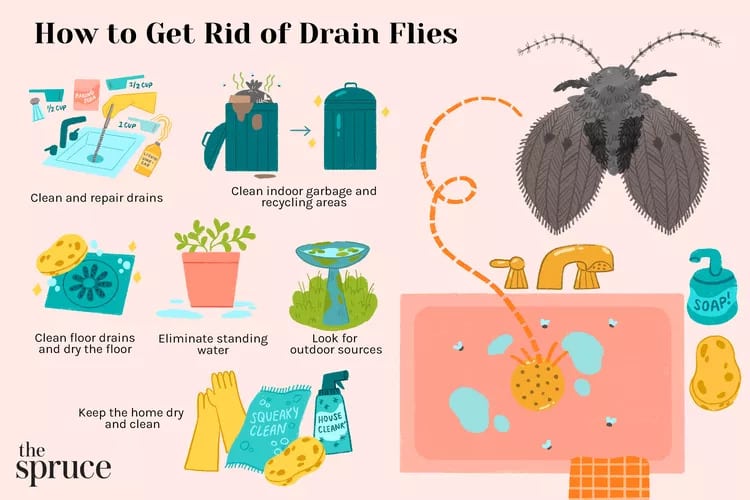
Natural Ways to Get Rid of Drain Flies
When dealing with drain flies, it’s important to remember that the key to their elimination is disrupting their breeding grounds. These pests reproduce and thrive in sitting water and organic residue found in your pipes.
One effective method for eradicating them is by using a mix of baking soda and vinegar. The chemical reaction produced by this concoction can help dissolve any organic matter and larvae existing in the drain. It’s a natural, cost-effective solution that can be used periodically to maintain drain hygiene.
Use a Drain Snake or Plunger for Severe Blockages
In the case of severe blockages, tools such as a plunger or drain snake can come in handy. These tools aid in dislodging any deeply-set clogs and stagnant water where drain flies may be breeding.
Regular cleaning is also essential in the fight against drain flies. Scrubbing surfaces and drains with boiling water, soap and a brush will remove any residual matter that could potentially serve as a breeding ground for these pests.
Set up a Vinegar Trap
Another natural method to kill drain flies is to set up a vinegar trap. Filling a jar with apple cider vinegar and a few drops of dish soap creates an irresistible lure for these pests. They are drawn to the scent of vinegar, and the dish soap in the mixture ensures they drown upon contact.
Keep Your Home’s Humidity Levels Under Control
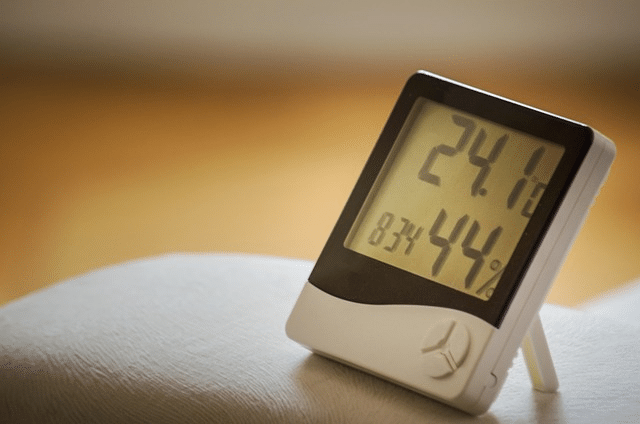
Keeping your home’s humidity levels under control with the aid of a dehumidifier can significantly deter the breeding of drain flies. By reducing moisture levels, their preferred breeding conditions are eliminated, thus helping to keep your home free from these nuisances. In the end, a combination of these methods can ensure a drain-fly-free environment in your home.
How to Prevent Drain Flies
Prevention is certainly better than cure, and this phrase holds true in the context of drain flies. The key to preventing these pests from invading your home is to eliminate moist or damp environments and minimize areas where they can breed. Here are some practical preventive measures.
Regular Cleaning of Drains
Clean your drains frequently using soapy, hot water and a stiff brush. This practice will help remove any residual organic matter that drain flies could use as a breeding ground. It’s a simple and cost-effective way to maintain good drain hygiene and keep pest problems at bay.
Proper Disposal of Organic Waste or Trash
Dispose of any organic waste or trash promptly and properly. Drain flies are particularly attracted to decaying organic matter, so be sure to seal your trash bags tightly and take the garbage out regularly. Composting is another excellent way to manage your organic waste and reduce the chances of attracting these pests.
Cover Drains with Mesh Screens
Cover your drains with fine mesh screens to prevent drain flies from entering your pipes and setting up breeding grounds. These screens serve as the first line of defense against these pests and can also help prevent incidental blockages caused by large debris.
Use of Odor-Resistant Drain Cleaner
Finally, use an odor-resistant drain cleaner to break down any organic matter and discourage breeding. Many of these cleaners are enzyme-based and not only reduce odors that may attract drain flies, but also eat away at the material where drain flies often lay their eggs.
By incorporating these preventive measures into your regular cleaning routine, you can significantly reduce the chances of a drain fly infestation in your home.
Minimize Elements That Create a Moist Environment
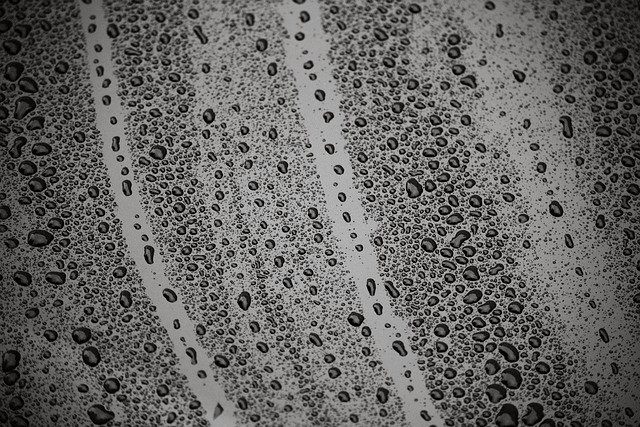
Did you know that drain flies can enter your home through plumbing leaks? It’s true! These small pests breed in moist environments and can easily make their way into your home through cracks or gaps in pipes that allow standing water to accumulate.
The good news is that preventing drain flies from entering your home is easier than you might think. If you notice any plumbing leaks or standing water in and around your home, it’s important to fix them right away. By doing so, you’ll eliminate the moist environment that drain flies need to survive and thrive. Trust us, taking a few easy preventative measures now will save you a big headache in the long run!
Are Drain Flies Harmful to Homeowners and Pets?
Drain flies are a common household pest that can be annoying and even harmful if left unaddressed. While they don’t pose a direct threat to human health, they can indicate underlying plumbing issues or unclean environments. The best way to prevent or eradicate a drain fly infestation is to minimize moisture levels, maintain good plumbing hygiene, and clean surfaces regularly. By following these simple tips, you can keep your home and family healthy and safe from these pesky flies.
About Maryland Sewer & Plumbing Service
The unparalleled reliability, efficiency, and trustworthiness of Maryland Sewer & Plumbing Service stamp it as a standout in the Maryland plumbing industry. If you’re in search of a seasoned team of plumbing professionals to address your plumbing needs seamlessly, your search ends here.
With round-the-clock emergency assistance and a comprehensive suite of customized services offered at competitive pricing, there’s no question that Maryland Sewer & Plumbing Service is your optimal choice for resolving your home plumbing headaches. Delay no more – reach out to MD Sewer and Plumbing Service at the earliest to schedule a visit from one of our expert technicians to evaluate your home’s plumbing requirements!



